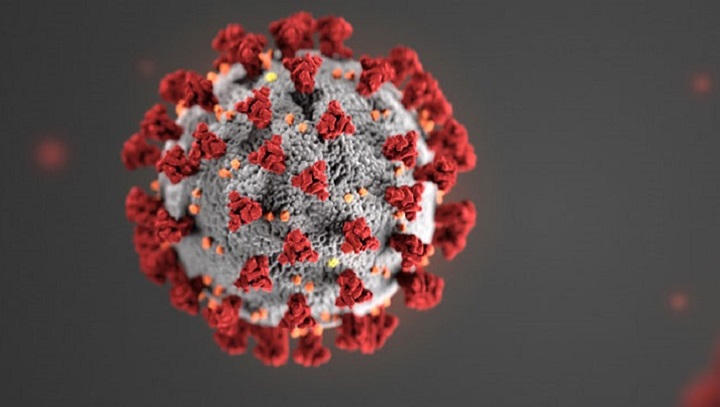Trump Signs Additional Small Business Coronavirus Relief Bill
President Trump has just signed a $484 billion interim coronavirus bill into law that includes additional money for the small-business loan program, as well as more funding for hospitals and testing.
The bill passed the Senate earlier this week and was approved by the House yesterday.
It includes more than $320 billion for the Paycheck Protection Program, or PPP, created by the CARES Act, which was passed late last month.
The PPP, which provides forgivable loans to small businesses that keep their employees on the payroll, had quickly run out of money due to high demand
About $60 billion of the additional PPP funding will be set aside for businesses that do not have established banking relationships, such as rural and minority-owned companies.
The bill also provides $60 billion in loans and grants for the Small Business Administration’s disaster relief fund, $75 billion for hospitals and $25 billion for coronavirus testing.
Another expansive round of coronavirus legislation is expected to be released in the coming weeks. We will continue to monitor this and keep you updated on any new information.
If you think your business is eligible for assistance and has not already received funding through this program, we are happy to help guide you through the process.
As always, feel free to reach out to your Whalen advisor with any questions on this new bill or anything else you may have questions about during this time.




 The IRS is urging taxpayers to be on the lookout for a surge of calls and email phishing attempts about the Coronavirus, or COVID-19. These contacts can lead to tax-related fraud and identity theft.
The IRS is urging taxpayers to be on the lookout for a surge of calls and email phishing attempts about the Coronavirus, or COVID-19. These contacts can lead to tax-related fraud and identity theft.
 The Senate passed the House Coronavirus Bill (
The Senate passed the House Coronavirus Bill (
 Treasury Secretary Steven Mnuchin announced Friday that President Trump has directed him to move Tax Day to July 15, giving taxpayers more time to file their taxes in the midst of the coronavirus pandemic.
Treasury Secretary Steven Mnuchin announced Friday that President Trump has directed him to move Tax Day to July 15, giving taxpayers more time to file their taxes in the midst of the coronavirus pandemic.
 The World Health Organization declared Wednesday that the spread of Coronavirus is now classified as a “global pandemic.” Here in Ohio and across the country, many cities, schools, and businesses are taking necessary steps to help further prevent the spread of this and other viruses.
The World Health Organization declared Wednesday that the spread of Coronavirus is now classified as a “global pandemic.” Here in Ohio and across the country, many cities, schools, and businesses are taking necessary steps to help further prevent the spread of this and other viruses.